6 tips to handle your Stress with Mandala arts
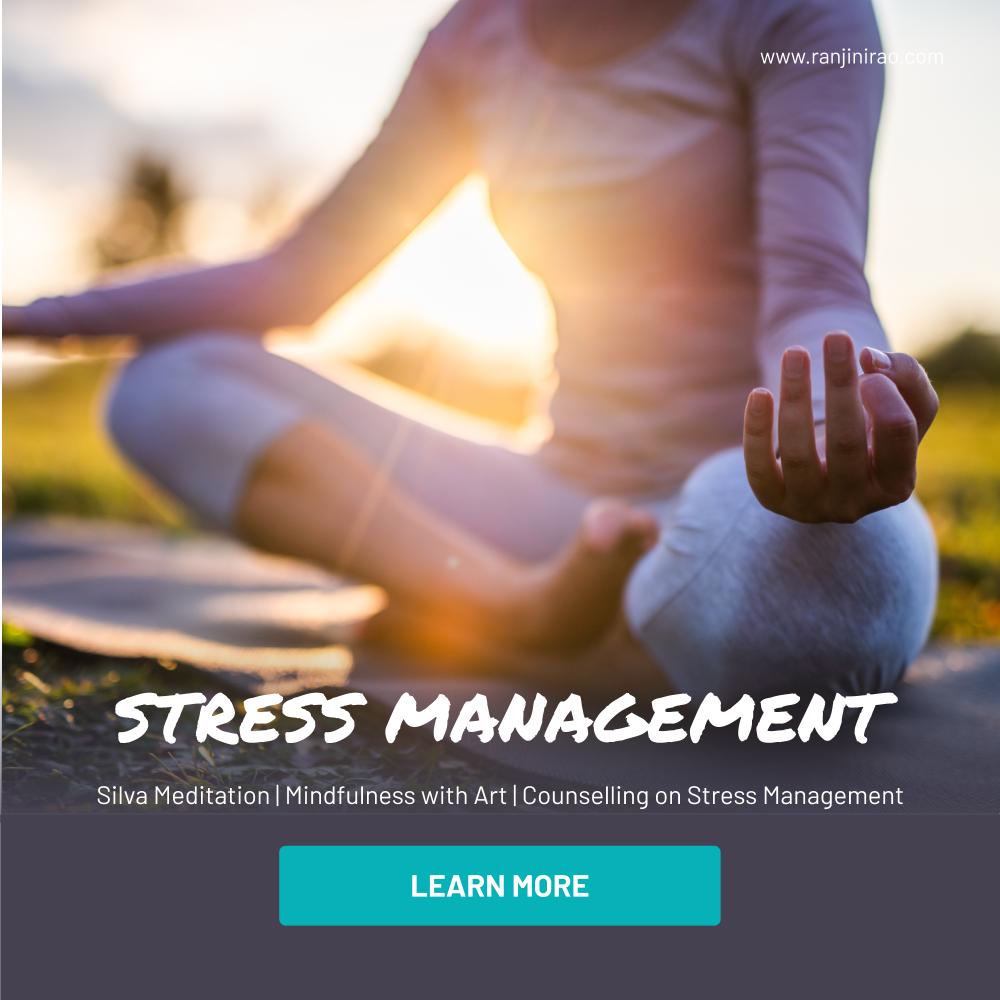
I undertake Emotional management and creative problem solving skills through mandala art workshops
Did you know facilitating a mandala art workshop is equally immersive process and so therapeutic to the mind and to the soul as it is for the participants !
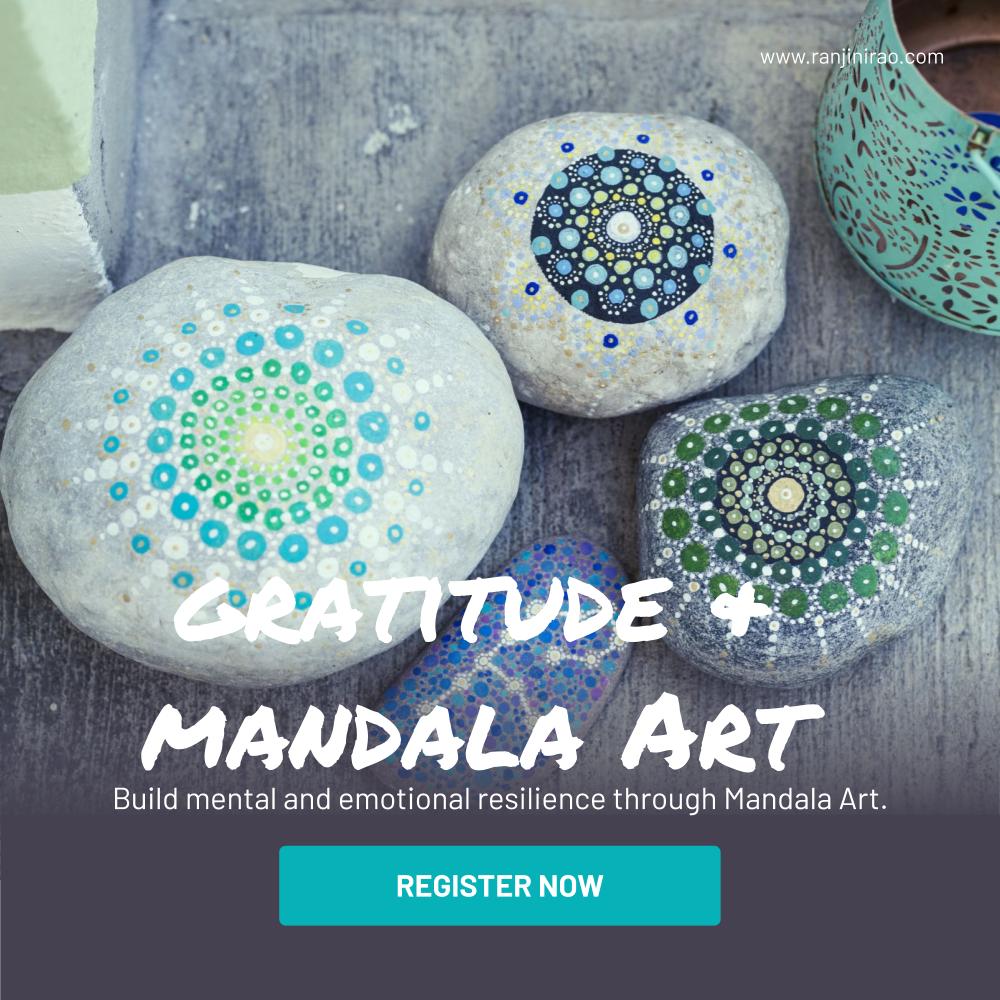
It gives immense satisfaction when I started on my journey- I never knew I would do art and design thinking workshops that was probably my calling to combine spiritual art and human emotions design and mandala art to help professionals and leaders to discover themselves better and their strengths through this method !
I feel super excited and grateful when I see these throwback pics and memories that is a reassurance to anyone who had never explored facilitation before !!
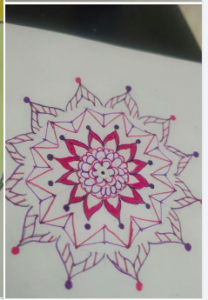
From a recent workshop with L&OD Sr folks on Gratitude Mandala art 
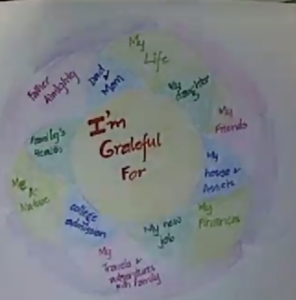
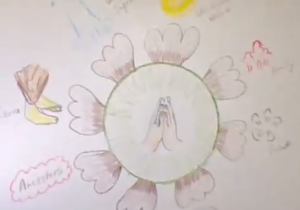
I was into hard core digital biz operations and marketing roles and never imagined I could be doing something like this !
Today, as a thanksgiving week , I want to share six tips or
hacks from my art workshops – how to manage self emotions through mandala art and see if it helps you !!
1-Think of a goal or situation at hand
2-Now evaluate in your mind or through journaling whether this can be solved by your own resources or you need someone’s help to understand or solve it ?
3-Now pause , reflect deeper and see whether it is a real problem or it was perceived that way? Is it a reality or was it a creation of your mind or emotions ?
4- Now draw a mandala or color a mandala and forget about the problem and situation
5-After colouring or drawing – check if you had any passing thought or feeling that aroused a solution or creative way to solve the problem / situation ?
6-Note the thoughts or feelings down in a paper or diary and sleep over it !
You will notice you may get inspirations over the day or week to the same situation or problem as you detach or divert yourself and your mind from this situation ! That’s the magic of creatively solving problems and staying detached !
Try and it and let me know what you think ?


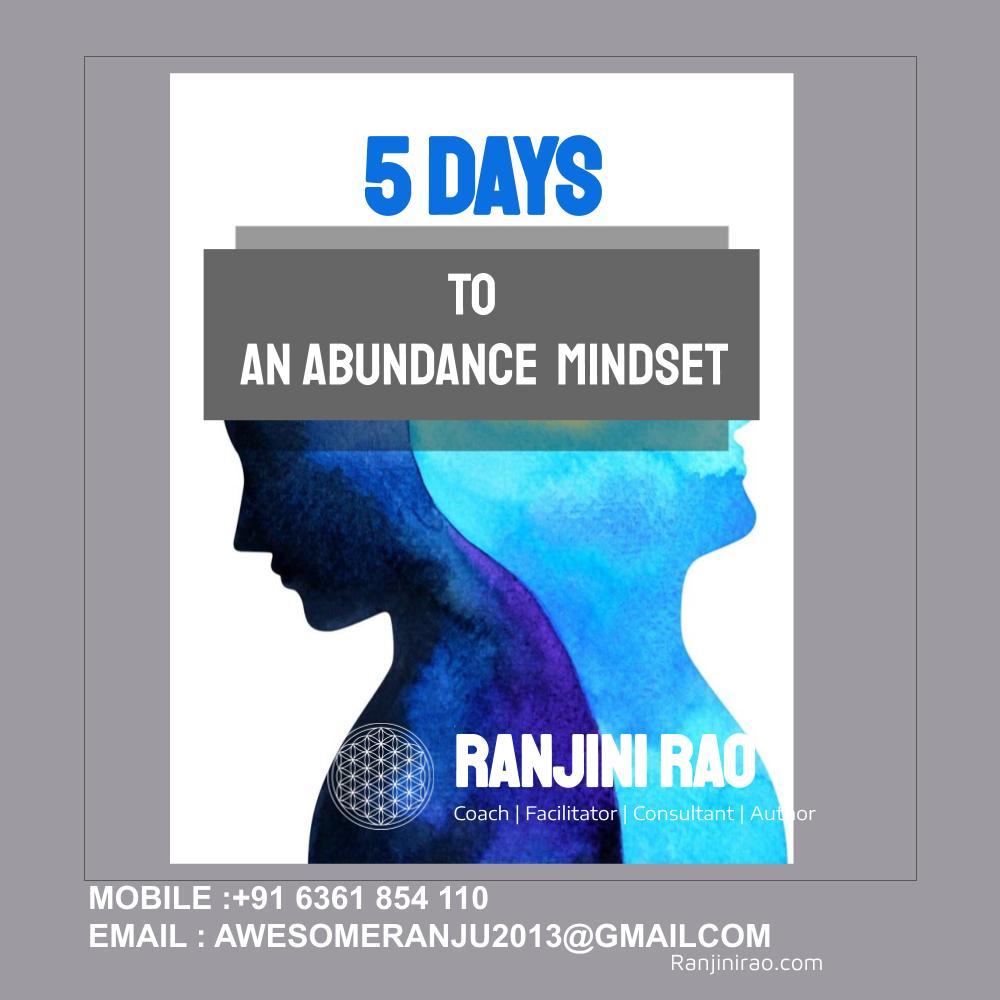





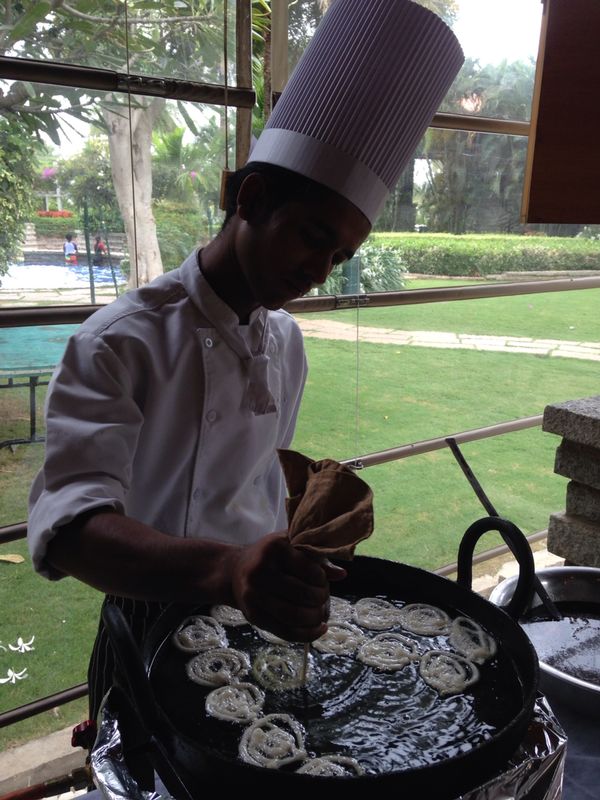
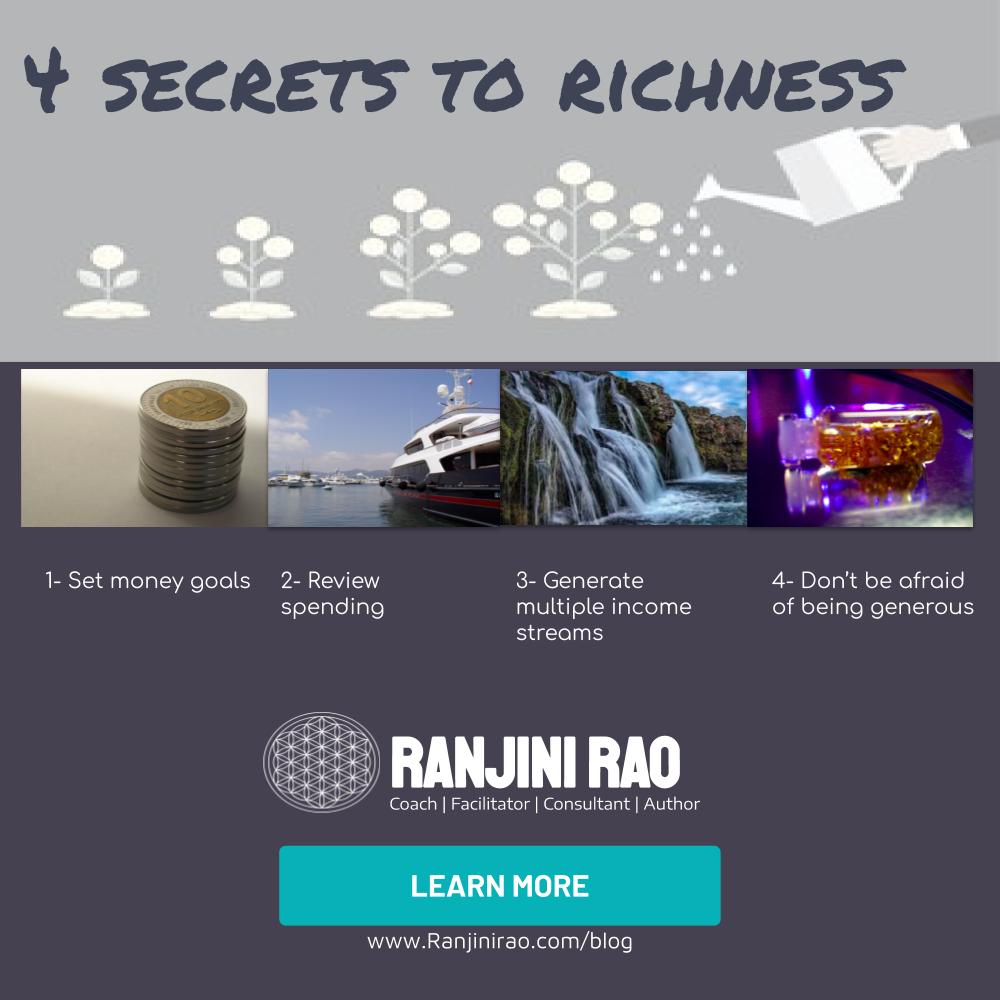
Recent Comments